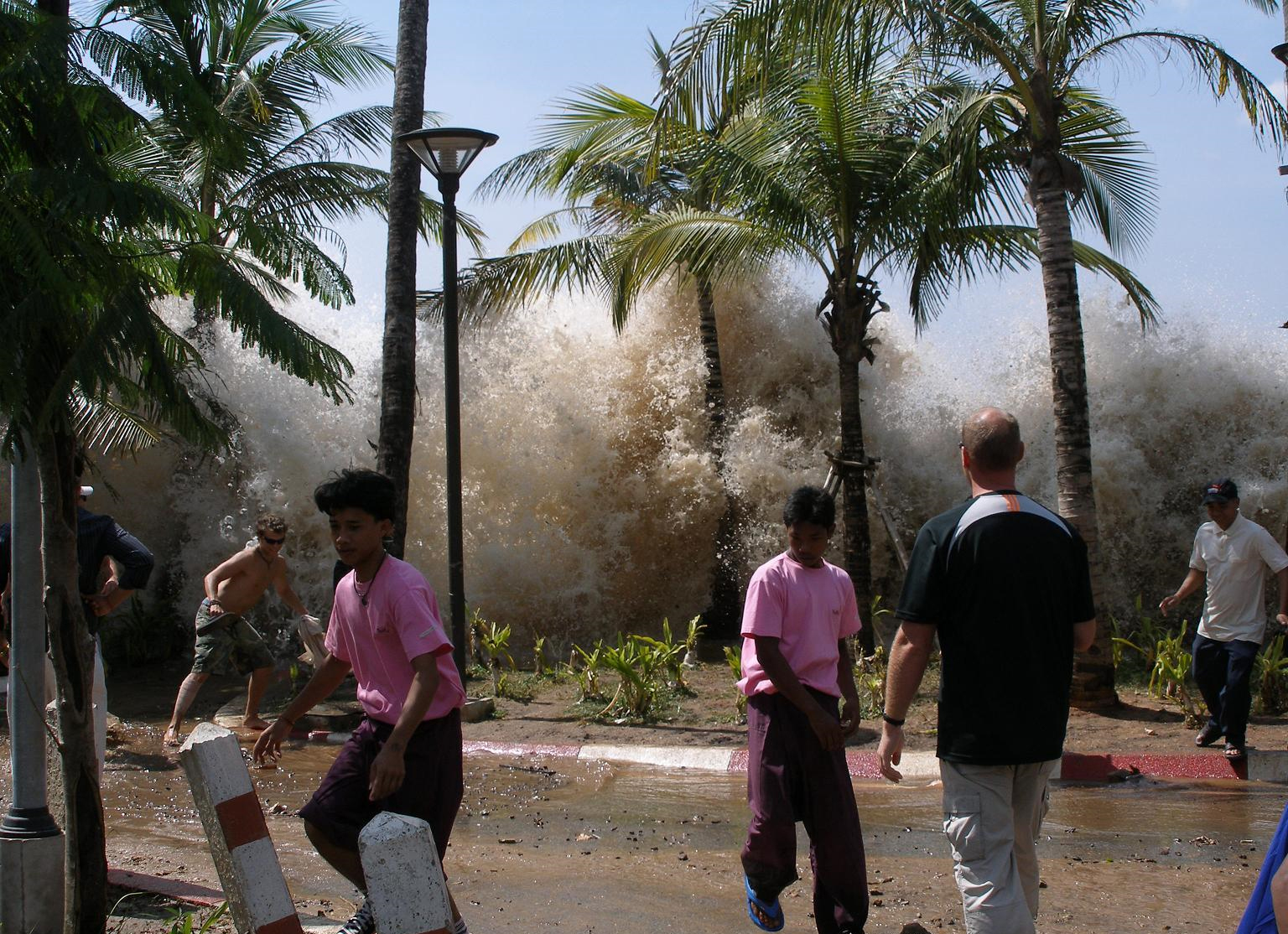At least 43,000 people have been displaced after a 6.5 magnitude earthquake hit the Indonesian province earlier this week. Nearly a hundred people were killed and thousands of buildings damaged.
The earthquake and subsequent tsunami that struck the Indonesian island of Sulawesi last week was remarkable for the tragic scale of devastation it caused. The death toll has crossed the 1,200-mark and casualty numbers are expected to rise as many bodies remain trapped and voices of people crying for help can still be heard from the rubble of collapsed buildings. More than two million people have been affected and more than 40,000 have been displaced. The damage caused to the island’s infrastructure is massive. The quake, of a magnitude of 7.5 on the Richter Scale, sent waves rising as high as six meters and the tsunami’s giant waves crashed into the shore they swept along with them all that was in their way. Sulawesi is a major island of the Indonesian archipelago and the damage caused by the earthquake and tsunami will hit the country’s economy hard. For many, the tsunami brought back to mind memories of the 2004 tsunami in the Indian Ocean region which followed a 9.0 magnitude quake took a toll of 227,898 lives. While the current situation has not reached the apocalyptic levels of 2004, and the damage is limited to one country, the fact is that Indonesia is reeling under its destructive impact. Even as rescue workers are battling against time, massive looting of food and other emergency provisions has been reported. International help, it must be pointed out, has been slow in coming and it is the Indonesian Government which is trying but not always succeeding in ensuring relief and rescue measures are in place and help is reaching those who need it most. Tales of individual courage — like that of the ATC operator who lost his life because he stayed at his post to ensure a passenger aircraft took off without incident when the quake struck — abound but are no substitute for coordinated disaster management.
The natural disaster, savage as it is, is not new to the island nation. Surrounded by volcanoes and prone to earthquakes/tsunamis, Indonesia remains like some other countries in the region woefully unprepared for a powerful earthquake. The country’s national meteorological and geophysics agency BMKG had detected subterranean tectonic movement and issued an earthquake alert but it failed to gauge its intensity. The tsunami warning too, many complained, came too late. To top it all, the country did not have adequate equipment and technological tools to conduct quick and effective rescue operations. Of course, accurate detection of impending natural disasters is next to impossible; even Japan, for instance, which is known to have one of the best systems to respond to such calamities, could not do much in 2011 when a 9.1 earthquake and tsunami struck its coastal region that left nearly 19,000 dead. The only solution, therefore, is to be better prepared. The disaster in Indonesia holds lessons in preparedness for all, including India.
Writer: Pioneer
Courtesy: The Pioneer








 OpinionExpress.In
OpinionExpress.In















Comments (0)